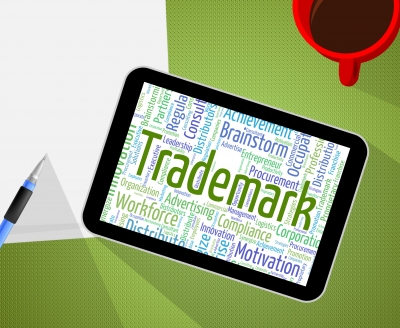One of the safest, best and most lucrative business options out there is the franchise business. You run on the success of the brand, tap into an already well-aware market and access products that make the brand so great. However, there are many legal and business aspects you should know about when opting for a franchise business.
1. It’s like Renting
In legal terms, you run the business, but you don’t own it. You don’t own the brand, business system, trademark or ‘know-how’. You are just renting it. According to the Canadian Franchise Association, you are not buying a franchise, but getting a license to operate one.
It is vital that any misconception about owning the business is broken.
2. Franchise Disclosure Document
Alberta’s provincial law dictates that the prospective franchisee should be given a Franchise Disclosure Document 14 days in advance from the franchisee signing any agreement. This is a vital document that will shed light onto what you are getting into. Take a look at the litigation section where the franchiser may mention bankruptcy, administrative proceedings or securities investigation – these are red alerts. The document will list current and former franchisees, and it will be a good idea to talk to them to get an idea of the franchise business. Also, analyse the startup costs mentioned and ensure they are accurate.
3. US-based Franchisers
When a US based franchiser hands over a Franchise Disclosure Document, ensure that it isn’t just a US document that’s been handed over to you. US based franchisers need to take the Canadian and Albertan law into account and a US Franchise Disclosure Document will not comply with the national and provincial laws.
4. Trademark
It does not hurt to check whether the franchiser owns, or controls, the trademark. You can easily run a check on the Canadian Intellectual Property Office’s website.
5. Exposure
If the franchise fails, what is your exposure? Do you take on the losses? Can the franchiser sue you for the failure? Ensure you are well aware of the answers.
6. Support
Find out how much support will you be getting from the franchiser to set up the business and make it successful. If running a business is new to you, support can be key to whether the business becomes successful or not.
7. Lawyer
You do not completely understand legal terms, so it is vital that you check the franchise agreement with a lawyer before you sign it. Most conflicts between the franchisee and franchiser occur because the franchisee failed to completely understand the franchise agreement. Such conflicts between the franchisee and franchiser often lead to legal battles, which can be avoided if a lawyer breaks down the franchise agreement for you.
Starting a franchise is a fantastic idea, as long as you are aware of what you are getting into. Read the fine print right and you’re on your way.

